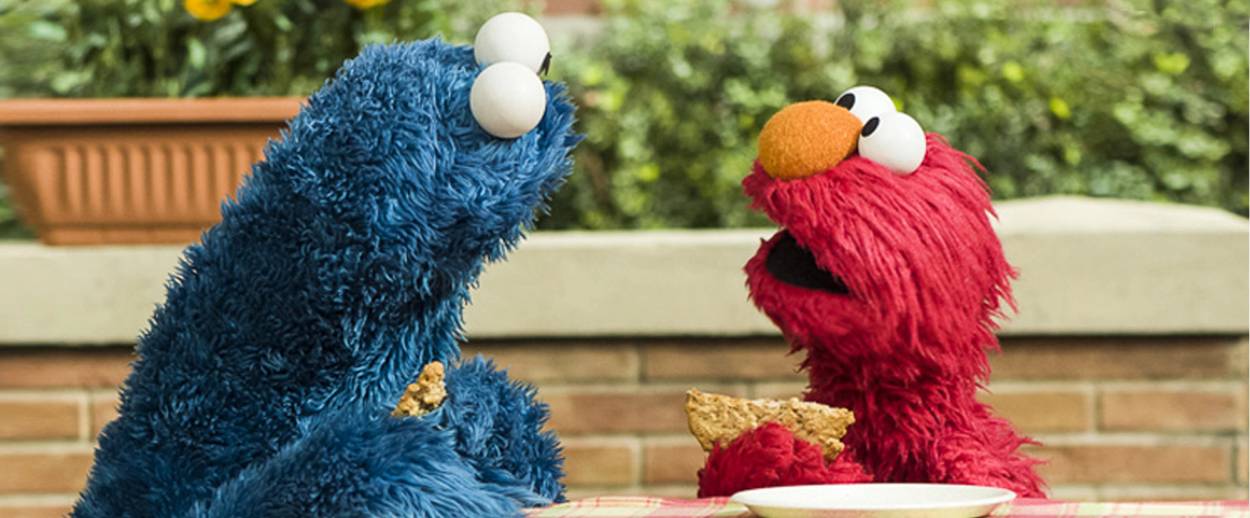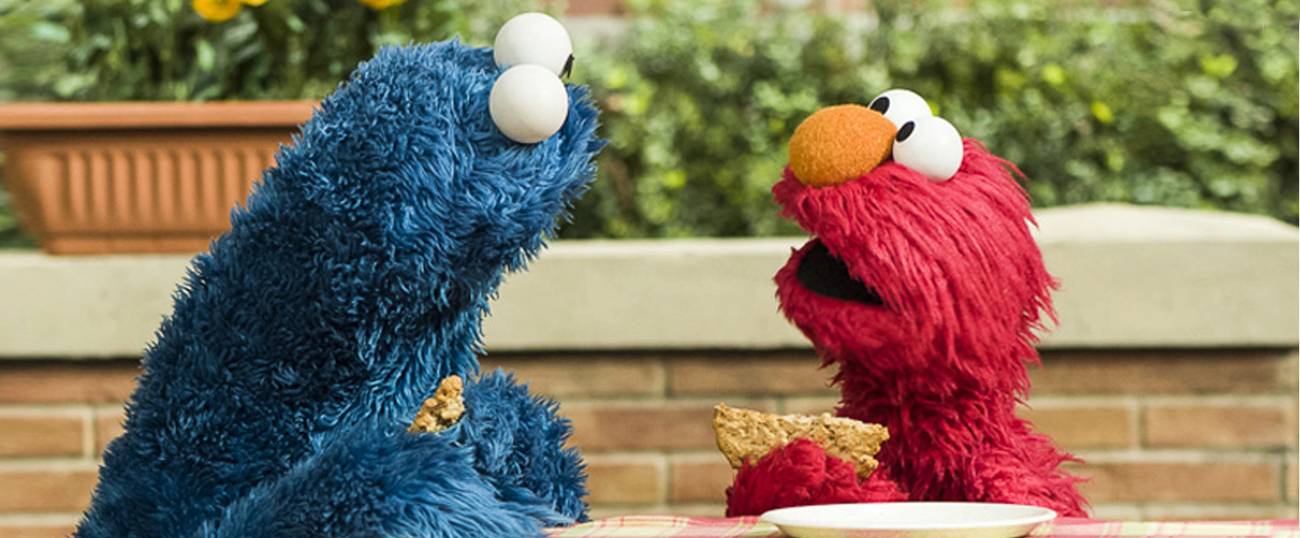Teaching Kids About ‘Tikkun Olam’
In an excerpt from ‘Mamaleh Knows Best,’ tips for turning your children into mensches




Let [children] be sure that every little deed counts, that every word has power, and that we do, everyone, our share to redeem the world, in spite of all absurdities, and all the frustrations, and all the disappointment. And above all, remember that the meaning of life is to live life as if it were a work of art.
—Abraham Joshua Heschel
How do you raise a kid to be spiritual but not self-absorbed? (“I’m a rilly rilly spiritual person? I’m, like, really trying in touch with my selfhood? That’s why I ponder my own navel rather than engaging with others?”) How do you convey that human connection and helpfulness can lead to the deepest kind of transcendence?
I’d argue that Judaism posits that spirituality shouldn’t be a solo act, focused entirely on the self. Judaism ties spirituality to community and to action. “When two people relate to each other authentically and humanly, God is the electricity that surges between them,” Martin Buber once said. True spirituality is not only about our relationship to the self or the divine but also to each other. That essential sense of connection to other people is part of why so many Jews have become doctors, scientists, and social-justice activists. Virtue is not in our DNA (as with intelligence, I don’t believe Jews are born with any better raw material than other people); it’s the values we’ve transmitted that have made us do so well collectively. I’d argue that it’s why we’ve become successful artists, songwriters, performers; we have insight into the human condition because from childhood we’ve been brought up to consider the feelings of others.
An essential concept in Judaism is tikkun olam, usually translated as “healing the world.” It means acts of loving kindness, and participation in the ongoing process of creation. The 16th century mystic Isaac Luria told a story that to create the world, God needed to make room, to contract God’s divine self. It’s the opposite of the Big Bang. Just as parental pulling back helps our kids grow, God’s pulling back made space for human agency and goodness. In this legend of creation, God poured all the divine light into vessels, but God’s power was so great the vessels shattered, sending shards all over the world. Our job as humans, and as parents, is to complete the divine work of creation by gathering those shards of goodness. We repair the world.
Tikkun olam is not optional. “You are not obligated to complete the work, but neither are you free to desist from it,” says Pirkei Avot, the Ethics of the Fathers. We all have to do our share.
There’s a reason I have little tolerance for people who smile beatifically while telling me how spiritual they are. It’s not just that they are annoying. (Though they are.) It’s that religion is a team sport in which spirituality is just one play. The ultimate goal of belonging to a faith tradition is to connect to something greater than yourself—to do good, to learn and teach, to have rigor in your life. “Spirituality” in Western culture seems frequently tied to talk of self-forgiveness. In Eat, Pray, Love, when our narrator is meditating on a roof and has a vision in which she suddenly knows her ex-husband forgives her, I wanted to smack her on her invisible wannabe culturally appropriative bindi.
You don’t get to decide you’re forgiven. That’s a gift for someone else to grant. All you get to do is apologize. Think of other, not self.
Here are four strategies for teaching kids about tikkun olam and instilling the kind of spirituality that’s tied to giving, caring for others, and overall menschiness in your kids:
1. When kids are small, make righteousness a commandment, not a choice. Take kids with you to visit a friend in the hospital (they can say hi and then sit outside the room playing on your iPhone). Have them help you make sandwiches for hungry people and hand them out in a park. Collect little bottles of shampoo and body wash from hotels and frequent travelers and donate them to a shelter (calling to be sure the shelter actually wants them first). Older kids can lead coat drives, make string or lanyard bracelets to sell to raise money for charity, walk an elderly neighbor’s dog when it’s snowing out. Demand that all children say please and thank you.
2. Encourage children to bring peace between people. The Hebrew term for this is Hava’at Shalom ben Adam l’Havero. Help friends resolve an argument, choose not to throw a fit when your sibling borrows your jeans without asking, share the lone remaining cookie rather than grabbing it and running cackling through the house while your sibling screams in rage. (I am not familiar with this behavior at all.)
3. Care for the planet. Kids love lecturing adults about environmentalism. God help you if you leave the water running while you brush your teeth. Channel your child’s desire to feel superior to you by teaching the value of Bal Tashkhit, avoiding wastefulness. Participate in park and beach cleanups, make sure everything is properly thrown away and recycled at home and at school, donate seedlings from your backyard to a community garden, take nature walks to appreciate the world’s wonders.
4. Get involved in volunteer work, and let your kids know about it. Show kids that service is an essential stand-alone value, not just a way to suck up to someone, make yourself feel noble, or buff up your résumé to get into college. (I have been a Harvard alumni interviewer and I have sat in on a season of Columbia admissions for a magazine story, and if I see one more college essay by a privileged white child about how she learned perspective from her volunteer trip to Guatemala, I will hit someone with a hacky-sack.)
Adapted from Mamaleh Knows Best: What Jewish Mothers Do to Raise Successful, Creative, Empathetic, Independent Children, published by Harmony Books, an imprint of the Crown Publishing Group, a division of Penguin Random House LLC. Copyright © 2016 by Marjorie Ingall.
***
Like this article? Sign up for our Daily Digest to get Tablet Magazine’s new content in your inbox each morning.
Marjorie Ingall is a former columnist for Tablet, the author of Mamaleh Knows Best, and a frequent contributor to the New York Times Book Review.